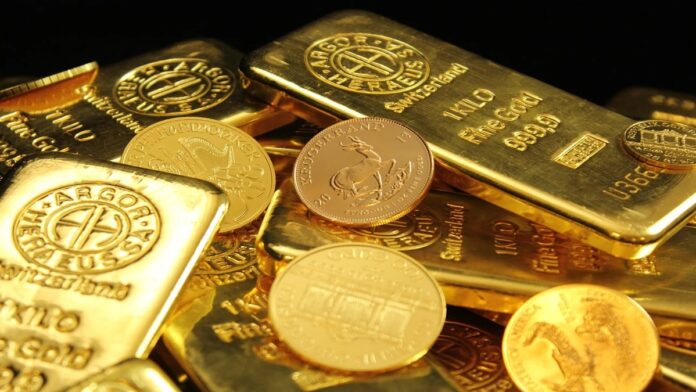For Indians, gold is not just an investment but an emotion. For centuries, Indian households have seen gold as a synonym for wealth and prosperity. Traditionally, people used to buy it in the form of jewellery and coins, but with time, new investment options came.
Now, options like gold ETFs (exchange-traded funds), sovereign gold bonds (SGBs), and digital gold are available in the market, which are ideal for those who want to invest in the yellow metal without buying it in physical form. These options save the hassle of buying, selling, and keeping gold safe. But the question is, despite these new options, has the traditional craze of Indians towards gold reduced?
Physical Gold: Still the first choice of Indians
Buying gold is considered auspicious on weddings, religious rituals, and special occasions. This is the reason why, even though the government and the Reserve Bank of India (RBI) introduced schemes like sovereign gold bonds, people remained inclined towards physical gold.
People not only like to wear it as jewellery, but also consider it a safe investment that can be sold when needed. This is the reason why tonnes of gold are bought every year in the Indian market, and people’s interest in it never fades.
Also read: Govt’s Gold Bond Gamble: Windfall for investors, disaster for the centre?
Gold ETF: Modern way to invest in gold
Gold ETF is like a mutual fund, which trades on the stock exchange, and its price is linked to physical gold prices. It is an excellent option for those who want to invest in gold but want to avoid the worry of storage, theft and impurity.
A demat account is required to invest in gold ETF, and it can be bought or sold through the stock exchange. It is completely digital, so investors do not have to worry about keeping the gold safe.
Gold ETFs have become quite popular among investors due to traits like liquidity, transparency, and global price alignment of the metal.
Also read: Top 5 Cheapest Gold ETFs to Own in India
In FY2024-25 (first 11 months till February 2025), gold ETFs have recorded inflows of Rs 14,948 crore,
» Read More


